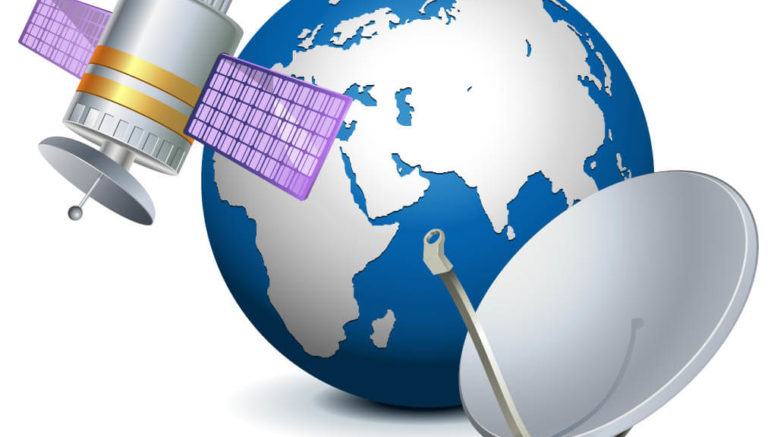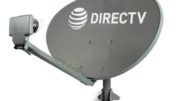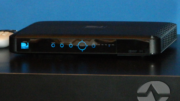Here’s an article I’ve been putting off writing for a while. Why? Because as much as I respect Elon Musk, I don’t always agree with him. And, he has a habit of attacking people he doesn’t agree with. I wanted to find a way to present this information factually, and hopefully not get in trouble with one of the world’s richest people. So, let’s give it a try.
Starlink and why you might be interested in it
Starlink is a fairly new internet service that’s been slowly rolling out over the past couple of years. Provided by SpaceX, which is largely owned and controlled by Elon Musk, it takes the idea of internet service and turns it upside down. Rather than relying on fiber optics or cell towers, Starlink uses a network of fairly small satellites. With a simple antenna that’s easy to set up, you can get reasonably fast download speeds practically anywhere. Even better, the list of places you can get Starlink is only going to increase.
As it stands today, Starlink is an effective, if expensive, way for rural users to get internet. It competes with the Viasat and HughesNet satellite offerings that we offer at Signal Connect. Although I haven’t tried it, it seems like a worthy competitor. I think in the end if you’re interested in internet service for your home you should check out all the options. You can learn more about our offerings here.
The honest facts about satellite internet
Satellite internet is generally more pricey than regular land-based internet. It can be reasonably fast on the download side, but is going to be slow on the upload side. It also suffers from higher latency. In other words, it can take longer than you expect for something to happen when you click. This is true of all satellite internet services. Starlink’s site claims latency can be as low as 20ms, but that’s still about five times higher than the latency of fiber-based internet.
Starlink’s simple setup does potentially make the problem worse, since you’re not relying on a large, professionally-aimed dish. Starlink’s antenna is easy for anyone to use, but it is smaller and less effective.
Starlink for RVs
A few weeks ago, a large tech site ran an article about using Starlink for RVs. They make a compelling case that it’s a good bet. As I said, the antenna is fairly small, it’s easy to aim, and the service is available anywhere you can see the sky more or less. All of that is true.
Here’s what’s also true: Roughly 95% of the places you’ll get Starlink service also have decent cell coverage. Some of the places that don’t are densely wooded and don’t have a good view of the sky either. You’re already paying for cell service. Often times all you need is a cell phone signal booster to bring that service into the RV. With an unlimited plan, you can tether to your phone and provide Wi-Fi to your devices. Or, you can get a hotspot with a generous data plan. It will be less expensive to buy. Depending on your choices, it can also be much less expensive to use.
In-motion: the Achilles’ heel of Starlink, at least for now
Here’s the simple fact. Starlink doesn’t work while you’re moving. Although the FCC has recently permitted Starlink products to be used in motion, current hardware doesn’t support it. There isn’t any reason it couldn’t. It’s just that no one makes a satellite antenna designed for things that move yet. You can get satellite antennas for TV and for other satellite internet services, but not for Starlink. So, if you want internet in the RV while you’re on the road, you’re back to the cell phone. To me, this makes Starlink much less valuable for RV users. That’s likely to change, but it’s hard to know when.
For those folks who are really just looking for an internet solution while parked, Starlink probably fits the bill as well as anything else. Do keep in mind, though, that between cell service and the Wi-Fi offered in many RV parks, it may not be needed.
Want to know more?
If you’re interested in researching your options, you owe it to yourself to listen to all sides. As I said, Starlink looks like a great service. But, it might not be for you. Or, it might. If you want some advice you can count on, why not call the experts? Signal Connect has done more satellite activations for mobile than anyone else. We’re here to answer questions. Even if you end up going with a service we don’t offer, we just want to help.
Don’t believe me? Call us. Try us out. Just reach out to 888-233-7563 during East Coast business hours. We’re ready to take care of you.





